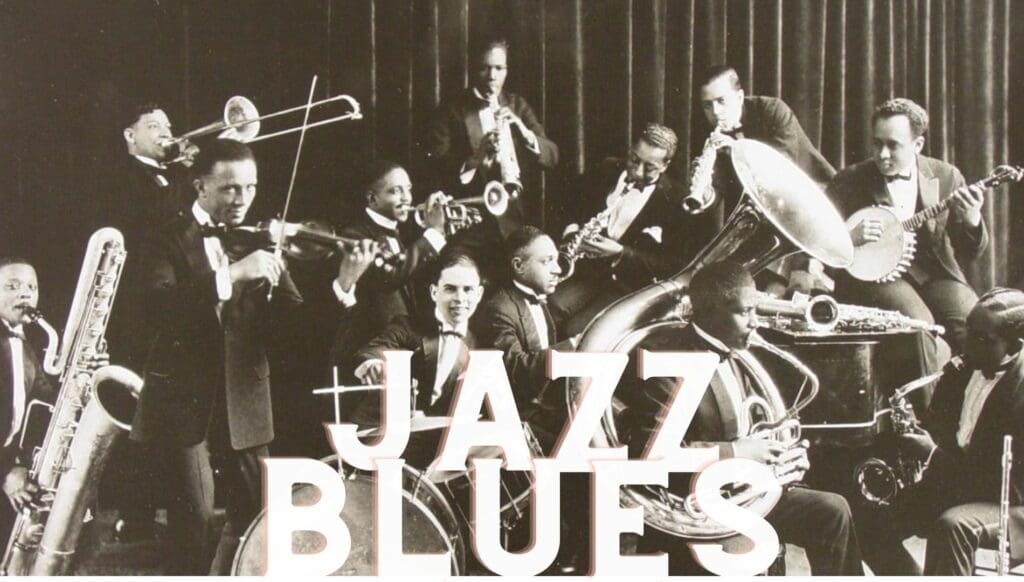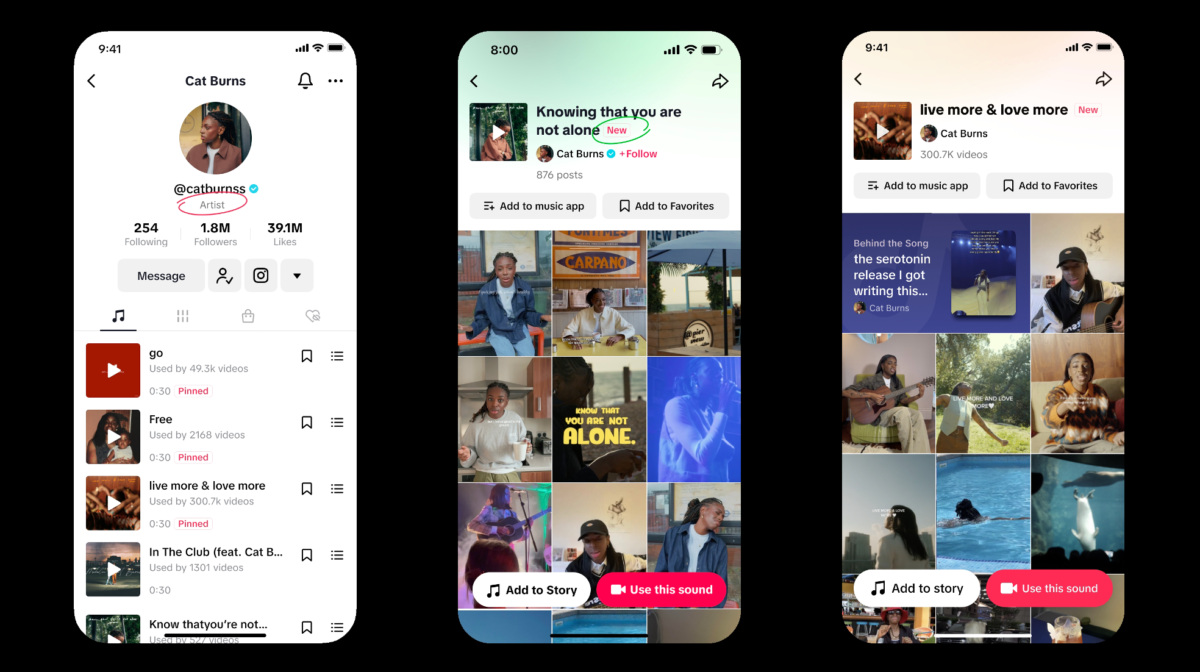
Jazz Blues is a musical genre that combines the soulful and emotional sound of blues with the improvisational and complex style of jazz. It emerged in the early 20th century and has since become a cornerstone of American music, influencing many other genres and artists. The genre is characterized by its use of blues scales, swing rhythms, and improvisation, making it a dynamic and expressive genre.
History Of Jazz Blues
The roots of jazz blues can be traced back to the blues music of the Mississippi Delta region in the late 19th and early 20th centuries. Blues music was characterized by its use of call-and-response patterns, 12-bar chord progressions, and emotional lyrics that often dealt with themes of love, loss, and hardship.
In the early 1900s, jazz music began to emerge as a distinct genre, incorporating elements of ragtime, blues, and brass band music. Jazz music was characterized by its improvisation, syncopated rhythms, and complex harmonies.
Jazz and blues began to merge in the 1920s and 1930s, as jazz musicians began to incorporate blues elements into their music. This fusion of jazz and blues created a new genre that was characterized by its soulful melodies, improvisation, and use of the blues form.
One of the key figures in the development of this genre was the pianist and composer Jelly Roll Morton. Morton was one of the first musicians to combine jazz and blues, and his recordings in the 1920s and 1930s helped to popularize the genre.
Other important musicians include Bessie Smith, Louis Armstrong, Duke Ellington, and Count Basie. These musicians helped to establish jazz blues as a popular genre, and their recordings continue to be celebrated today.
In the 1940s and 1950s, jazz blues continued to evolve, as musicians began to incorporate elements of bebop and other modern jazz styles. This new style of jazz blues was characterized by its complex harmonies, fast tempos, and virtuosic solos.
Best Jazz Blues Artists
Here are some of the best Jazz Blues artists who have left a lasting impact on the music world.
1. Louis Armstrong – Known as the “Father of Jazz,” Armstrong was a trumpet player, singer, and bandleader. His unique style and improvisational skills helped shape the sound.
2. B.B. King – King was a legendary blues guitarist and singer who brought his soulful sound to Jazz Blues. His signature vibrato and emotive phrasing influenced countless musicians.
3. Billie Holiday – Holiday was a jazz singer known for her distinctive voice and emotive delivery. She often incorporated blues elements into her music, creating a unique blend of Jazz and Blues.
4. John Coltrane – Coltrane was a saxophonist and composer who pushed the boundaries of the genre with his innovative improvisations and complex compositions.
5. Etta James – James was a powerful singer who brought her soulful voice to the genre. Her hits like “At Last” and “I’d Rather Go Blind” are still beloved today.
6. Miles Davis – Davis was a trumpeter and bandleader who experimented with different styles throughout his career, including this genre. His album “Kind of Blue” is considered a masterpiece of the genre.
7. Nina Simone – Simone was a singer, pianist, and civil rights activist who brought her unique blend of jazz, blues, and gospel to the music world. Her songs like “Feeling Good” and “I Put a Spell on You” are still popular today.
The Genre Today
One of the reasons that the genre has endured is because of its versatility. It can be played in a variety of settings, from small jazz clubs to large concert halls. It can also be adapted to different instruments, from the classic blues guitar to the saxophone and trumpet.
One of the most notable contemporary jazz blues artists is Gary Clark Jr. His unique blend of blues, rock, and soul has earned him critical acclaim and a dedicated fanbase. His 2019 album “This Land” features several tracks that showcase his love for the genre, including the title track and “Gotta Get Into Something.”
Another artist who has been influenced by the genre is John Mayer. His early work, such as “Continuum,” features a heavy emphasis on blues guitar and improvisation. He has also collaborated with legendary blues artists such as B.B. King and Buddy Guy.
Jazz blues has also found its way into the mainstream through popular artists such as Adele and Amy Winehouse. Both artists have incorporated elements of the genre into their music, particularly in their use of soulful vocals and brass instrumentation.
Closing Thoughts
In conclusion, Jazz Blues is a unique and dynamic genre that combines the soulful, emotional expression of blues music with the improvisational and complex musical structures of jazz. It has had a significant impact on the development of modern music and continues to be a source of inspiration for musicians and music lovers alike. Whether you’re a seasoned jazz enthusiast or new to the genre, exploring the rich history and diverse sounds of this genre is sure to be a rewarding experience.










